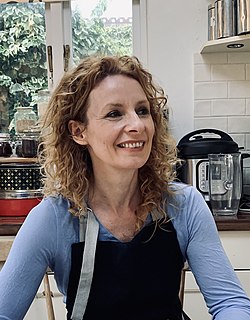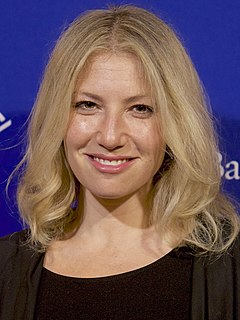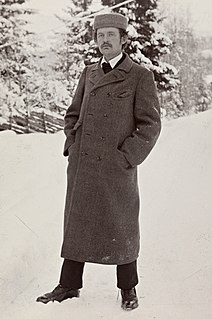A Quote by Sigrid Nunez
You write about experiences partly to understand what they mean, partly not to lose them to time. To oblivion. But there's always the danger of the opposite happening. Losing the memory of the experience itself to the memory of writing about it.
Related Quotes
In my early work, I tried to hide my personality, my psychological state, my emotions. This was partly due to my feelings about myself and partly due to my feelings about painting at the time. I sort of stuck to my guns for a while but eventually it seemed like a losing battle. Finally one must simply drop the reserve.
I am attracted to looking at the different things language can mean even in one sometimes quite ordinary utterance. Writing is partly about listening closely to yourself as you think or compose and being aware of the different tensions and weights among the words, the different directions any one of them could lead. I like to play with the multiplicity and instability of meaning partly out of a sense of adventure, to see where that takes me and partly in a whistling past the graveyard kind of way because, of course, sensing stable meaning fall away can be scary.
When I used to teach writing, what I would tell my playwriting students is that while you're writing your plays, you're also writing the playwright. You're developing yourself as a persona, as a public persona. It's going to be partly exposed through the writing itself and partly created by all the paraphernalia that attaches itself to writing. But you aren't simply an invisible being or your own private being at work. You're kind of a public figure, as well.
I didn't want the lyrics to be about specific things in my life, I wanted them to be about generalised experiences I'd had. So when I'm writing about relationships or somebody leaving you or something, a lot of lyrics are partly about failed relationships I'd had, but they were also about my Dad, and being abandoned as a kid.
The one thing that's missing from the 9/11 Memorial & Museum, and I don't imagine we'll see it any time soon, is that there's no memorial to the hundreds of thousands of Iraqis who died because of how the memory of 9/11 was used. Memory is a very interesting thing. We very selectively curate our story and then stop when it begins to tell other people's stories and forces us to accept some kind of culpability. One reason I write is that there's not enough Muslims writing, Pakistanis writing, not enough people of faith writing about the complexities of our experiences.





































